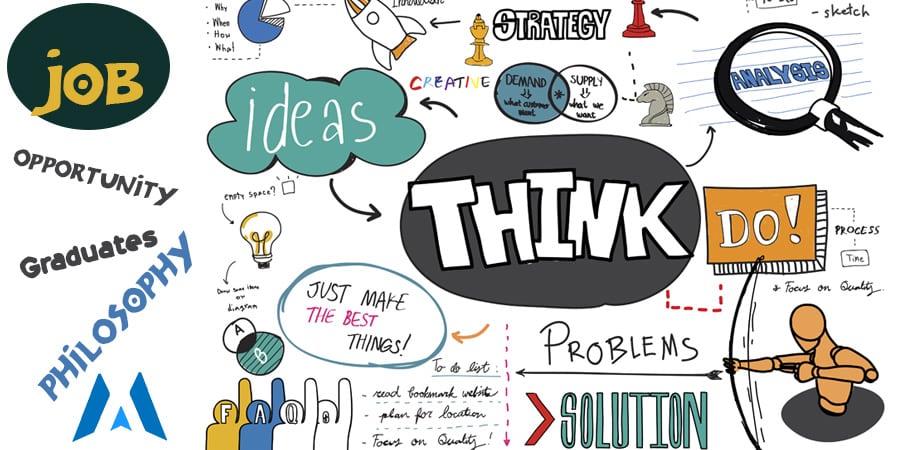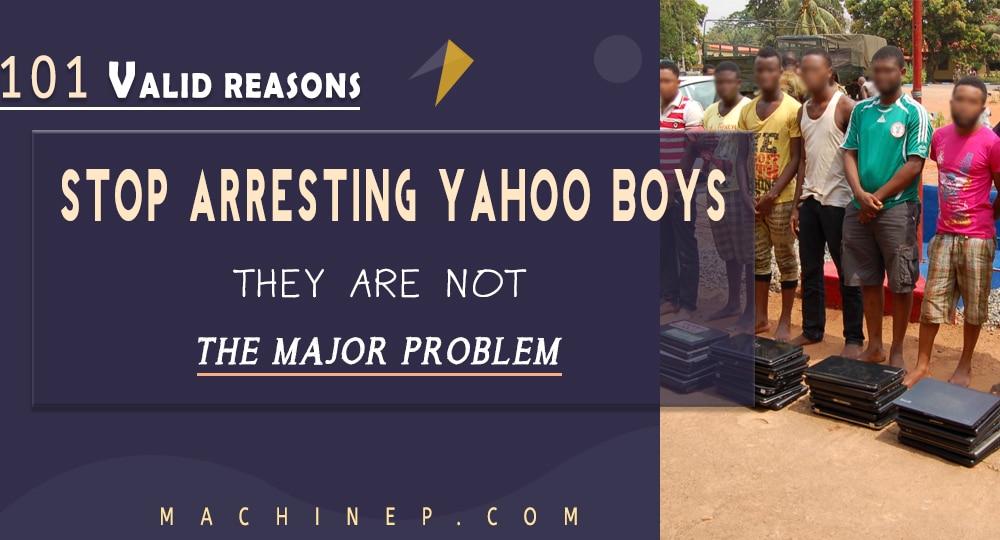Media ethics involves the ethical values that guide publishers, reporters, journalists, editors, and others alike. They clearly define a standard for the aspirations and obligations that editors, journalists, and others in the media industry should follow to execute their job responsibly.
In addition, Media Ethics deals with ethical questions about how media should use texts and pictures provided by the citizens. While the Golden Mean theory applies to all spheres of Media Ethics, this section focuses on Journalistic Ethics.
Think of the consequences of having many writers who share information on media platforms without any means of verifiability. False news spreads like a cankerworm, eating deep into the fabric of journalism. Therefore, today’s journalism should apply the Golden Mean concept to make the most of its ethical decisions.
Furthermore, as Journalism ethics evolves, news organizations establish their codes of ethics to guide them when faced with ethical challenges. These ethical standards keep journalists and news organizations in check to avoid losing credibility.
In contemporary society, we presume journalists are a reliable source of news and information. As a result, journalists must adhere to ethical standards to ensure that their readers can trust them.
» MORE: Getting IT Right: The Golden Mean in Contemporary Society
Applying the principles of the Golden Mean in journalism, the dissemination of false information or withholding some facts from the public could result in terrible consequences, including loss of credibility for the journalists. On the other hand, sharing too much information could lead to the violation of people’s privacy.
Therefore, it may be challenging for journalists to decide what to publish to the public. And this is where the Golden Mean morality compass plays a significant role. Sharing too much or too little information with the public could lead to confusing, fallacious, and vague stories or updates.
Relevance of Golden Mean in Media Ethics
In the media ethical dilemmas, the Golden Mean theory suggests that balancing the excess of too much information and the deficiency of too little information is the best ethical practice. As a result, journalists will become much more aware of what information to include or exclude, given the situation, and the sources will not be negatively affected by inaccurate information.
Furthermore, to reach a happy ending through the umbrella of the Golden Mean, journalists can employ credible sources, understand the purpose of the information, and target their prospective audience’s needs. Nevertheless, it is crucial for journalists to check the facts, exactness of quotations, copyright issues, and integrity of the pictures before putting their content out to the public.
» MORE: What is the Golden Mean Theory of Aristotle?
For example, I work with a group of journalists, writers, and editors at my websites, machinep.com and wikifreelancing.com. And most times, we face the ethical challenges of the right information to publish to the public. And while we employ some other strategies, the Golden Mean theory helps us to make a more ethical decision by considering how much information to include or exclude for the targeted audience.
Another relevance of the Golden Mean in Media Ethics is the purpose of the writing or publication. Call to mind that the Golden Mean theory encourages finding a middle place concerning the right people, at the right time, and for the right motive. Therefore, the moderation strategy of the Golden Mean plays a significant role in helping writers to avoid the two extreme vices to make sound ethical decisions.
For example, during the Covid 19 Pandemic in Nigeria, most media platforms caused more harm than good in sharing information about the coronavirus and its prevention and cure. It seemed to many Nigerians that the media were giving inaccurate and unverifiable accounts of the people affected by the virus, those quarantined and vaccinated.
Again, the media seemed to give a wrong impression of the impact of the government and medical sectors. And at its peak, most Nigerians believed that the deadly coronavirus could not kill Nigerians because, following how deadly the virus was and the media updates and accounts, there was a strong likelihood that no single Nigerian would survive the virus.
This is because most Nigerians found it difficult to maintain the sit-at-home operation since they needed to go out in search of food and other pressing needs.
» MORE: Detailed Examples of the Golden Mean of Aristotle
Another unethical media experience was when the deadly Ebola disease struck some parts of Nigeria from 2014 to 2016. At this time, there were a lot of unverified updates about how to cure the Ebola Virus Disease (EVD).
And some publishers put up the idea of adding enough salt to a bucket of water and bathing with it. It is worthwhile to note, however, that this publication not only misled the public but resulted in more casualties.
Conclusion
The Golden Mean theory encourages journalists and writers to publish with moderation to avoid deluding their audience. By implication, there should be a balance between acting morally and publishing what is unverified to the public.
In the examples above, the writers functioned unethically by putting up false information without considering its consequences. One good way of maintaining the Golden Mean as a media ethicist is by being unbiased.
Contributing to the Golden Mean theory, S. B. Cunningham remarked that it has profound implications for communication ethicists and media practitioners.
According to him, Journalism and media ethics texts commonly invoke Aristotle‘s Golden Mean as a principal ethical theory that models such journalistic values as balance, fairness, and proportion.


![[Video] Fr. Mbaka Pleads With Peter Obi to Forgive Him](https://machinep.com/wp-content/themes/Extra/images/post-format-thumb-text.svg)
